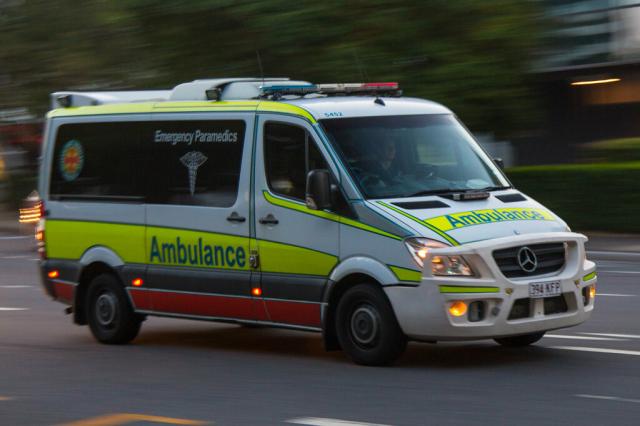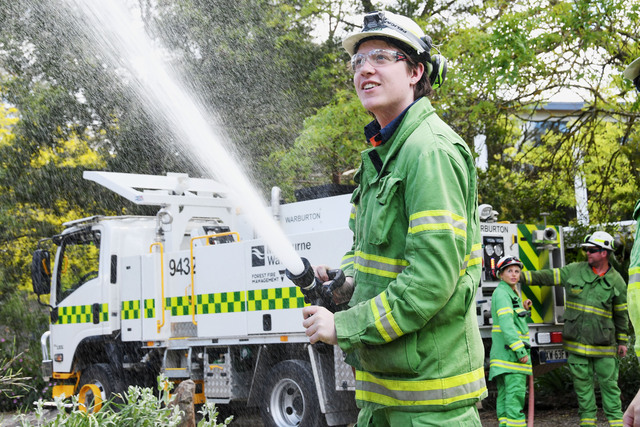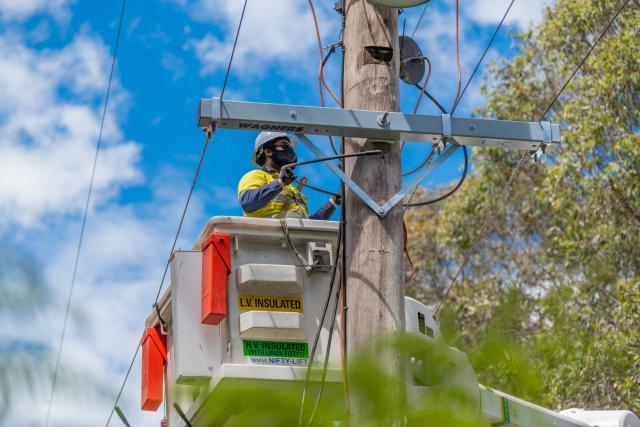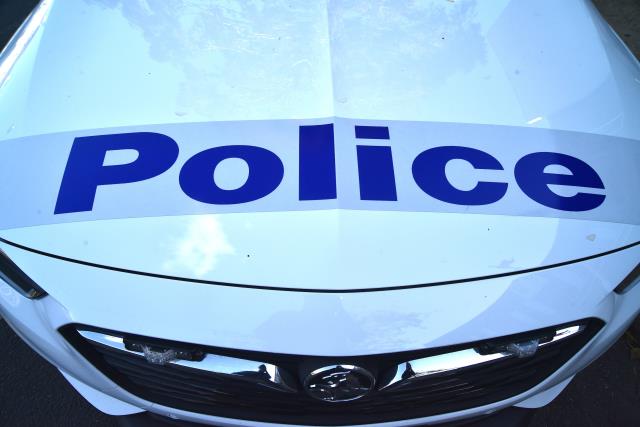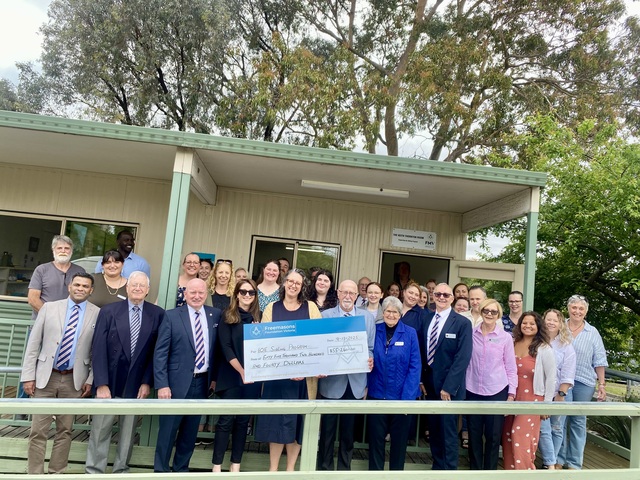The omicron wave has continued to wreak havoc on the state’s ambulance services, but Ambulance Victoria is proving up to the task.
Ambulance Victoria CEO Professor Tony Walker revealed the performance data for the 2021/22 quarter showed a total of 91,397 Code 1 cases between October and December, a 16.2 per cent increase on the same time in 2020 – and the most Code 1 cases in a quarter ever, placing continued strain on the entire health system.
Code 1 cases are considered to be time-critical, life threatening calls.
However, Ferntree Gully and Dandenong Ranges residents shouldn’t be alarmed as paramedics state-wide have performed admirably. 66.5 per cent of Code 1 cases were responded to within the state-wide average response time target of 15 minutes, and the average time to Code 1 cases was 15 minutes and 11 seconds.
However, currently as many as one-in-five callers to Triple Zero (000) are not in need of an emergency ambulance response, largely due to minor Covid-19 symptoms, resulting in a total of 45,087 callers state-wide to Triple Zero (000) who did not need an emergency ambulance and were instead connected by paramedics and nurses in the Secondary Triage Service to more appropriate care.
Professor Walker urges Victorians to save their calls for critical, emergency situations.
“Every call for assistance that isn’t an emergency puts significant strain on our crews to reach those who need us the most,” he said.
“There are lots of places to get health advice – that isn’t Triple Zero (000). If it is non-life-threatening, GPs and pharmacists can provide timely non-urgent care. Nurse-On-Call (1300 60 60 24) is a great service and offers free medical advice 24 hours a day, 7 days a week.”
The increased workload is no surprise, with the previous quarter having seen the peak of the Delta Covid-19 variant, the emergence of the Omicron wave and the easing of Covid-19 restrictions, with demand for ambulances services having surpassed pre-pandemic levels.
Performance inevitably took a hit, with paramedics under increasing pressure due to fatigue and record workload, wearing PPE to all cases and furloughing due to COVID-19 exposure, reducing staff and ambulance availability.
In order to meet demand, Ambulance Victoria has expanded their Secondary Triage Service, who are currently managing around 1000 cases a day to free up their ambulances, as well as recruited 700 paramedics in the last year – their single largest annual recruitment ever.
“We have recently rolled out 22 new Medium Acuity Transport Services (MATS) in metropolitan Melbourne and Regional Victoria. MATS, supported by 22 vehicles and 165 staff, provides care for Code 2 and 3 patients. MATS crews are dedicated for non-urgent calls to free up ambulances to respond to the most critical cases,” Professor Walker said.
“Meanwhile, we have added 56 on-road paramedics to deliver additional services in rural Victoria.”
Professor Walker did acknowledge that the $759 million investment in Ambulance Victoria in the 2021/22 State Budget is helping to ease pressure on frontline workers and improve operational efficiency.
“We also welcome the extra $35 million that allow us to continue our vital surge workforce and fast track the recruitment of another 120 paramedics,” Professor Walker said.
“This will make a real difference to our dedicated paramedics and first responders who are working extremely hard, relieving some of the strain from record demand as the pandemic continues”.

